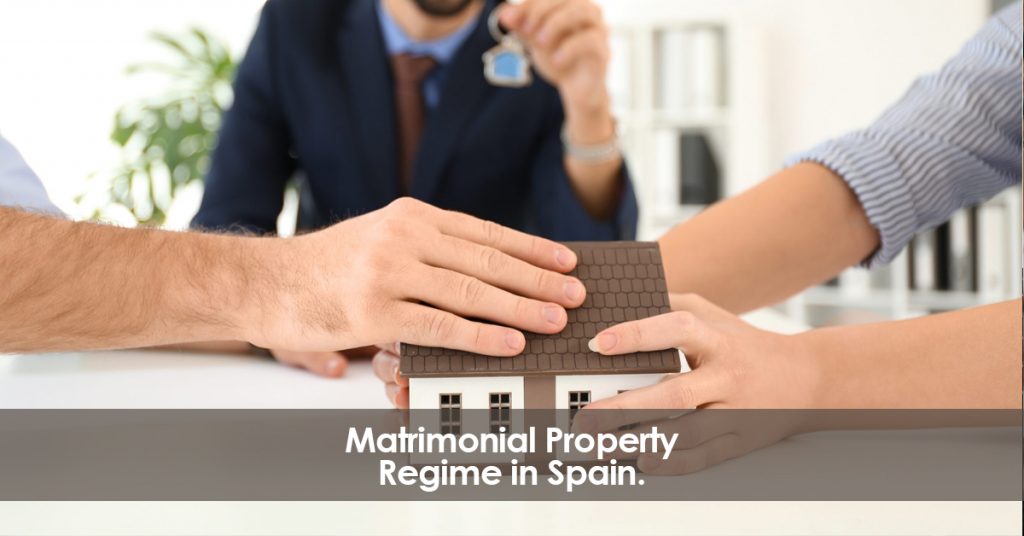Marriage between two people is undoubtedly one of the most important moments in life. Its consequences, in the personal sphere, are clear. A partnership based on cohabitation, respect, fidelity, acting in the family interest, etc. However, the effects of the marriage on the patrimonial sphere of the spouses are often overlooked. We are talking about the so-called “matrimonial regime“. In today’s article we analyse some of these issues.
What exactly is a matrimonial property regime?.
It is the set of rules that regulate the economic relations of the spouses. Between themselves and in front of third parties. These rules are of great importance since the income, the ownership of the properties they may acquire while married, etc. will be treated differently depending on their matrimonial regime. And not only that. When a couple gets divorced, the financial consequences will be very different depending on the applicable regime that has governed the marriage.
What role do the so-called prenuptial agreements play in this respect?.
A prenuptial agreement is a document in which the spouses, by mutual agreement, choose the financial regime to be applied to their marriage. They are also known as pre- or post-nuptial agreements, or marriage contracts, etc. depending on the country. However, for this agreement to be valid in Spain, it must be signed before a notary and must be registered in the Spanish Civil Registry. In Spain, if the spouses get married without previously granting a prenuptial agreement, the matrimonial property regime that will be applied, by default, is the joint property system. If the agreements are signed in other countries, the requirements for validity may be different.
Matrimonial financial regimes in Spain.
The matrimonial property regimes established in the Spanish Civil Code are:
Joint property (Art. 1344): Income and profits obtained by either of the spouses, during their marriage, will be owned by both. In other words, the income from their salaries, the property they may acquire (even if only one of them signs the deed of purchase at the Notary’s office), etc. will belong to both. This regime also applies in countries such as France, Belgium, etc.
Separation of property (Art. 1437): This system allows the assets of the spouses to be separated. The income or gains acquired during the marriage will belong exclusively to each one of them. In other words, there is no confusion between their assets. The English system is interpreted in Spain to be of this kind. This regime applies, by defect, in Catalonia.
Participation System (Art.1411): It is a kind of combination between the joint property regime and the separation system. While the couple is married, the spouses keep their assets separate. However, in case of divorce, each spouse is entitled to a share of the acquisitions made by the other spouse during the marriage.
Conclusion
The consequences of choosing one matrimonial regime or another are very important, and must be carefully analysed, depending on each case. It is important to get legal advice in this respect before the marriage. And also, after the marriage, in order to know what rights you have in case of divorce, separation, etc. At White-Baos Abogados we are experts in Family Law, please do not hesitate to contact us. We will study your case and offer expert advice on the subject.
The information provided in this article is not intended to be legal advice, but merely conveys information related to legal issues.
Carlos Baos (Lawyer)
White & Baos.
Tel: +34 966 426 185
E-mail: info@white-baos.com
White & Baos 2022 – All Rights Reserved.
